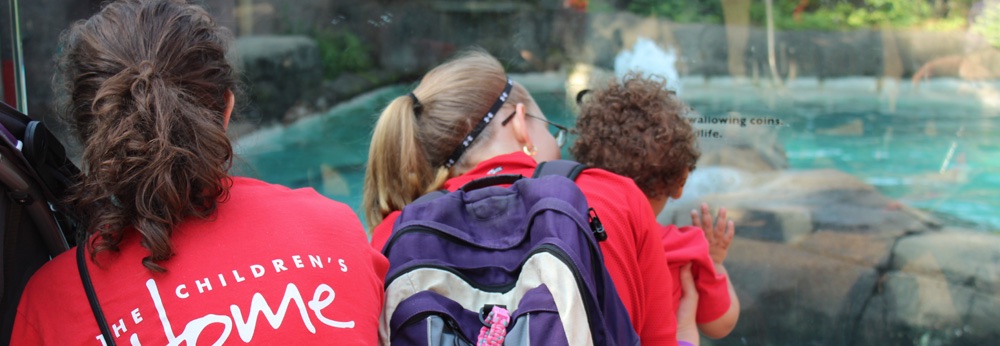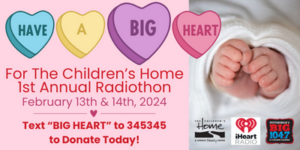November is more than just a holding time between Halloween and the holiday season in the United States. Beyond it being a time that brings election day, Thanksgiving, National Adoption Day, and Native American Heritage Day, the entire month has been deemed “Movember” to bring awareness to Men’s Health. This is especially important for those of us in Counseling and Family Support Services to reflect on, given that mental health is a significant component of overall health and wellbeing. According to the official Movember website, Movember looks at mental health through a male lens, focusing on prevention, early intervention and health promotion.
During this time, it is important for those of us working with birth fathers, foster fathers, and all men involved in the adoption constellation to consider the importance of their mental wellbeing. Additionally, we recognize the children in our care who will grow to be men need us to work to destigmatize mental health so they can feel comfortable accessing supports. The United States Office on Women’s Health notes that mental health can impact a man’s ability to work, go to school, and—of priority for the children in our care—maintain relationships with friends and family.
The stigma against mental health for men is real, and as a result, mental health among men often goes untreated because they are far less likely to seek mental health treatment than women. Depression and suicide are ranked as a leading cause of death among men. In the US, the rate of male suicide is alarmingly high: approximately 4 in 5 suicides are men. They also die due to alcohol-related causes at 62,000 in comparison to women at 26,000. Men are also two to three times more likely to misuse drugs than women.
For men from marginalized communities, the disparities are even greater. For example, Hankerson, et.al note that despite increased awareness, depressed African American men continue to underutilize mental health treatment and have the highest all-cause mortality rates of any racial/ethnic group in the United States. This is shown to be due to an array of socio-cultural factors, including racism and discrimination, cultural mistrust, misdiagnosis and clinician bias, and informal support networks that contribute to treatment disparities. This is magnified in minority men in the LGBTQ community.
For many men, the impact of transgenerational trauma is often overlooked. A growing body of research recognizes that without healing and breaking cycles, this trauma can impact the ability to feel safe and to create felt safety for a child in the home. Our foster parent trainings take in to account not only recognizing the impact a birth parent’s trauma and mental health might have on their ability to parent, but also how a foster parent’s own trauma and mental health can be a barrier to supporting a child in their care.
This Movember, we at the Children’s Home Counseling and Family Support Services join in working towards a world where men take action to be mentally well, and are supported by those around them. Our workers aim to support them men we work with in building social connections through support groups, offer check ins, encourage self-care, and offer counseling. We recognize that suffering in silence isn’t a safe or healthy option for men and their families. If you or someone you love are struggling with mental health, we encourage you to speak to your doctor or a mental health professional. The Children’s Home is also expanding our counseling services. We offer expertise in working with male adoptees and men dealing with infertility, grief, loss, or marital conflict. We are happy to talk to anybody interested in our counseling services- 412-441-4884 or email to Joe Ritacco at jritacco@chomepgh.org.
If in crisis, to speak with someone immediately, contact National Suicide Prevention Lifeline on 1-800-273-8255 (1-800-273-TALK), contact Lifeline Crisis Chat or contact National Alliance on Mental Illness (NAMI) on 800-950-6264 or Text NAMI to 741741.
If you’re ever worried that someone’s life is in immediate danger, call 911 or go directly to emergency services.
Written by: Kristie Lindblom, MA
Resources:
https://us.movember.com/about/mental-health
https://www.womenshealth.gov/blog/mens-mental-health
Am J Mens Health. 2020 Jul-Aug; 14(4): 1557988320949322.
Published online 2020 Aug 19. doi: 10.1177/1557988320949322
J Health Care Poor Underserved. Author manuscript; available in PMC 2015 Apr 22.
Published in final edited form as:


